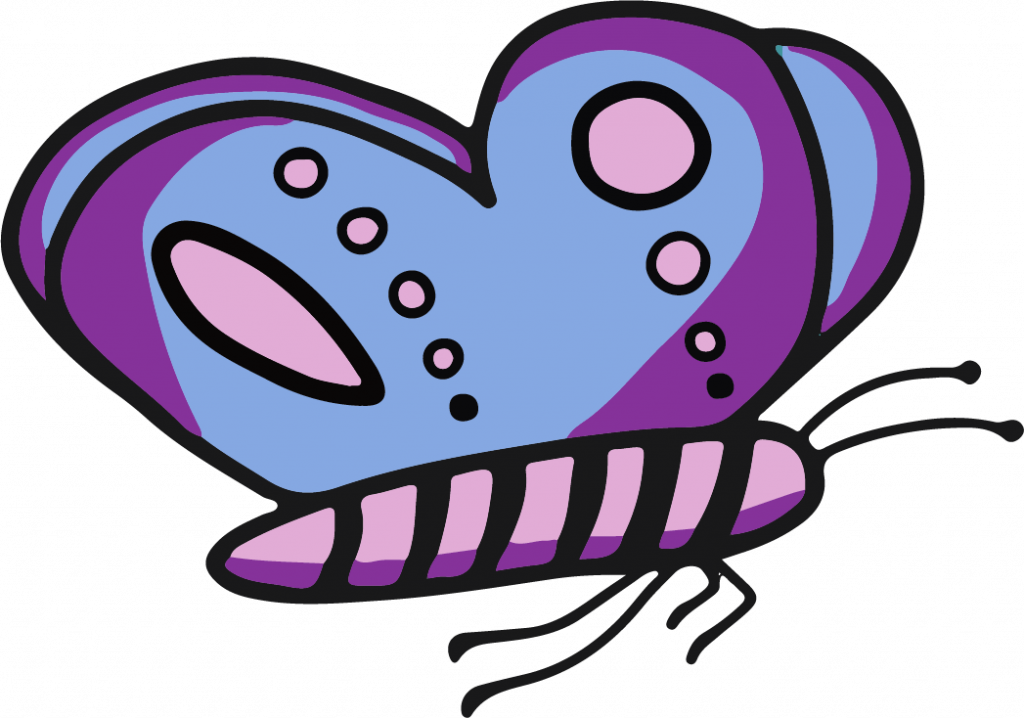You are not logged in.
If you would like to save your progress as you complete our Toolkit, please log in to your WWDA account. If you are not a WWDA member, become a member here (it’s free!).
Glossary
Introduction
Leadership Principle: Challenging and transforming traditional views of leadership
Leadership Principle: Value diversity and lived experience
Leadership Principle: Nothing about us without us
Leadership Principle: Lead by lifting others up
Leadership Principle: Care for self to care for community
Safe leadership
Mentoring
Groups
At WWDA, we believe in the power of community and collective action.
That’s why we’re dedicated to providing resources and support for women with disabilities to connect, work, and advocate together. One way to do this is through groups such as peer groups and advocacy groups. These groups provide a safe space to come together, get to know each other, share experiences, and support each other.
Getting to know other people who have a similar disability to you can be a good way to share understanding and support, and to make friends.
You can do this by contacting organisations or community groups that support people with your specific disability. Many national and state-based disability organisations run regular support group meetings and social activities. Some may also be active on social media and have online discussion forums where you can chat to other people with the same disability. Many also offer support for families. These groups can be a good way of meeting people and sharing advice and experiences.
An example is the WWDA Facebook page and group. Check them out: https://www.facebook.com/WWDA.Australia/ and https://www.facebook.com/groups/WWDACommunity/
Check out what some of our members had to say about what they gained from the Peer Support Group:
“Feeling like part of the community and valued by peers and leaders. Learning from experts and others with experience. It is always a pleasure to contribute and leaves me feeling less isolated.”
“I liked meeting people who were like me and had disabilities and being heard.”
“Meeting other people, learning about new resources.”
Tips and strategies on how to form a group
View tips and strategies on how to form a group here. [6]
Self-Advocacy groups can be found here. [13]

